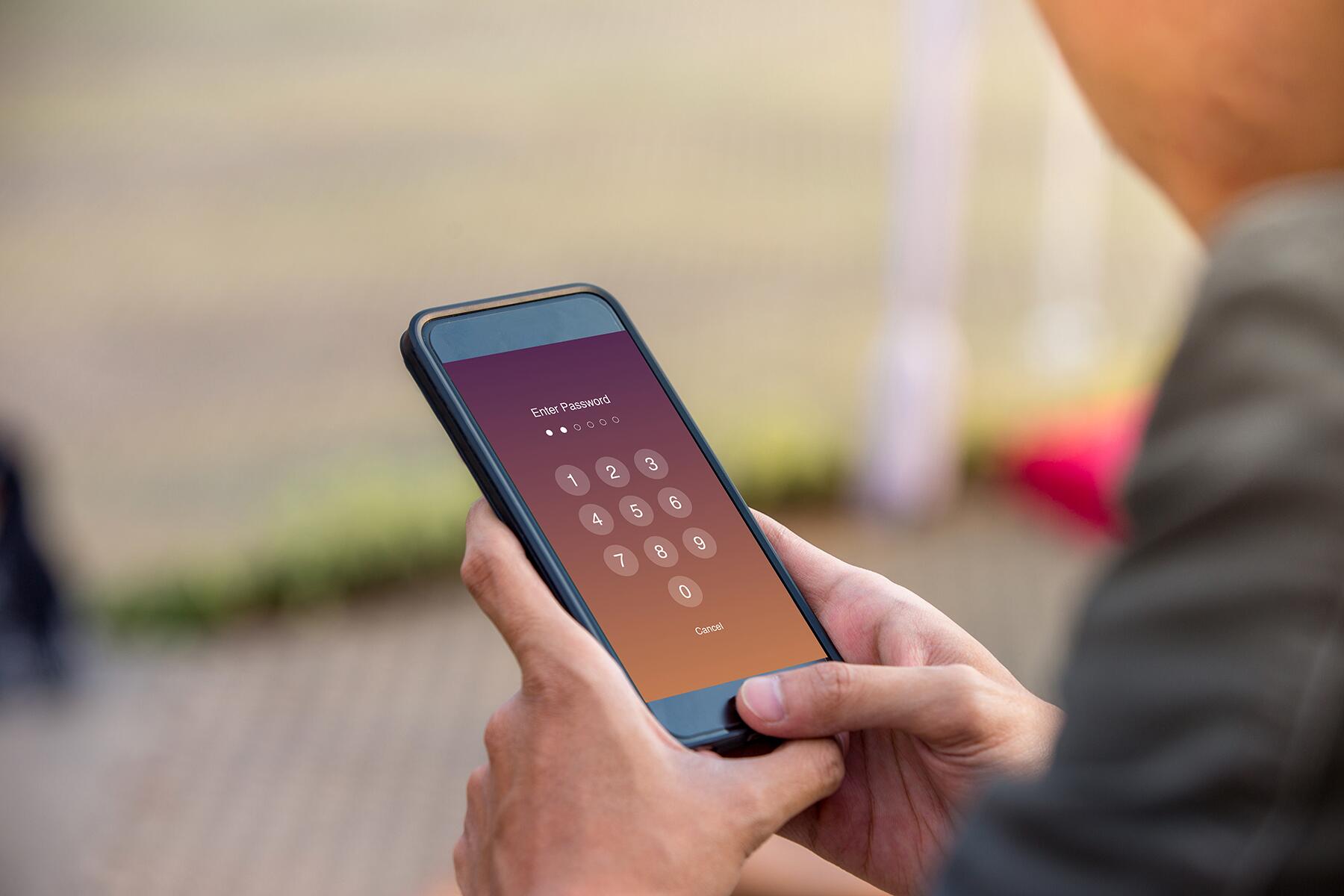Roaming gone wrong.
Many travelers return home to financial surprises from their overseas trips, like an unexpectedly high credit card bill, or an extra day or two on their airport parking. But a Florida man came home to find a bill for $143,000 from his phone company.
Before Rene Remund and his wife left for a tour of Switzerland last fall, he went to his local T-Mobile store to alert them of his travel plans, the way some credit card issuers recommend travelers do before trips abroad, so any foreign charges won’t be flagged as suspicious. T-Mobile’s response was succinct, “You’re covered.” So while they were on the trip, he didn’t think twice about sending messages and pictures to friends back home.
After the trip, however, his T-Mobile bill reflected $143,000 for international roaming, on an older data plan involving a phone that wasn’t set up for international roaming. T-Mobile claimed he used 9.5 gigabytes of data.
Remund retained an attorney, but letters to T-Mobile went unanswered, until he contacted a local television station’s consumer ombudsman for help. T-Mobile took the charges off his bill, and sent a statement to the station: “We recommend our customers check the travel features of their plan, such as international data roaming, before departing…if a customer is on an older plan that doesn’t include international roaming for data and calling, they’ll need to make sure they’re using airplane mode and wi-fi when using data to be certain the device doesn’t connect to an international network.”
Recommended Fodor’s Video
What Should You Do to Avoid This Happening to You
Travelers heading overseas have several options for avoiding international data fees. First, they should check their specific plan online, where the terms and conditions are outlined in black and white, without relying on a customer service provider. When it comes to disputes, what’s written in the contract tends to supersede anything verbal.
It can also help to ask about international plans specific to the region of travel. Some providers include roaming in Canada and Mexico—even South America in some cases, with phones working just as they do in the United States. For other destinations, some offer short term international plans for travelers—but there can be a requirement to opt-in prior to departing the country.
Consumers can also turn off the roaming features on most smartphones to avoid data charges—even if they turn their phones on to use the cellular calling function. Even with data roaming turned off, users can connect to a network using Wi-Fi, either from a fixed network or a portable hotspot like SkyRoam Solis. It’s even more important to remember to put phones on airplane mode on flights in Europe (which, unlike the U.S., allow onboard calling in certain areas), and onboard cruise ships, where many providers now offer satellite cellular service—at sky high rates.
With data roaming turned off, travelers can turn on their phones when first arriving in a new country to receive inbound texts free of charge. Providers will typically send free messages to subscribers whenever they enter a new country outlining how they will be billed for calls and texts in the country, including applicable rates.
Travelers who suspect something amiss can also check their accounts for usage during their travels to verify whether international use will land them a larger bill. Many providers now have online chat or e-mail services available to answer bill questions without the need for a phone call.




